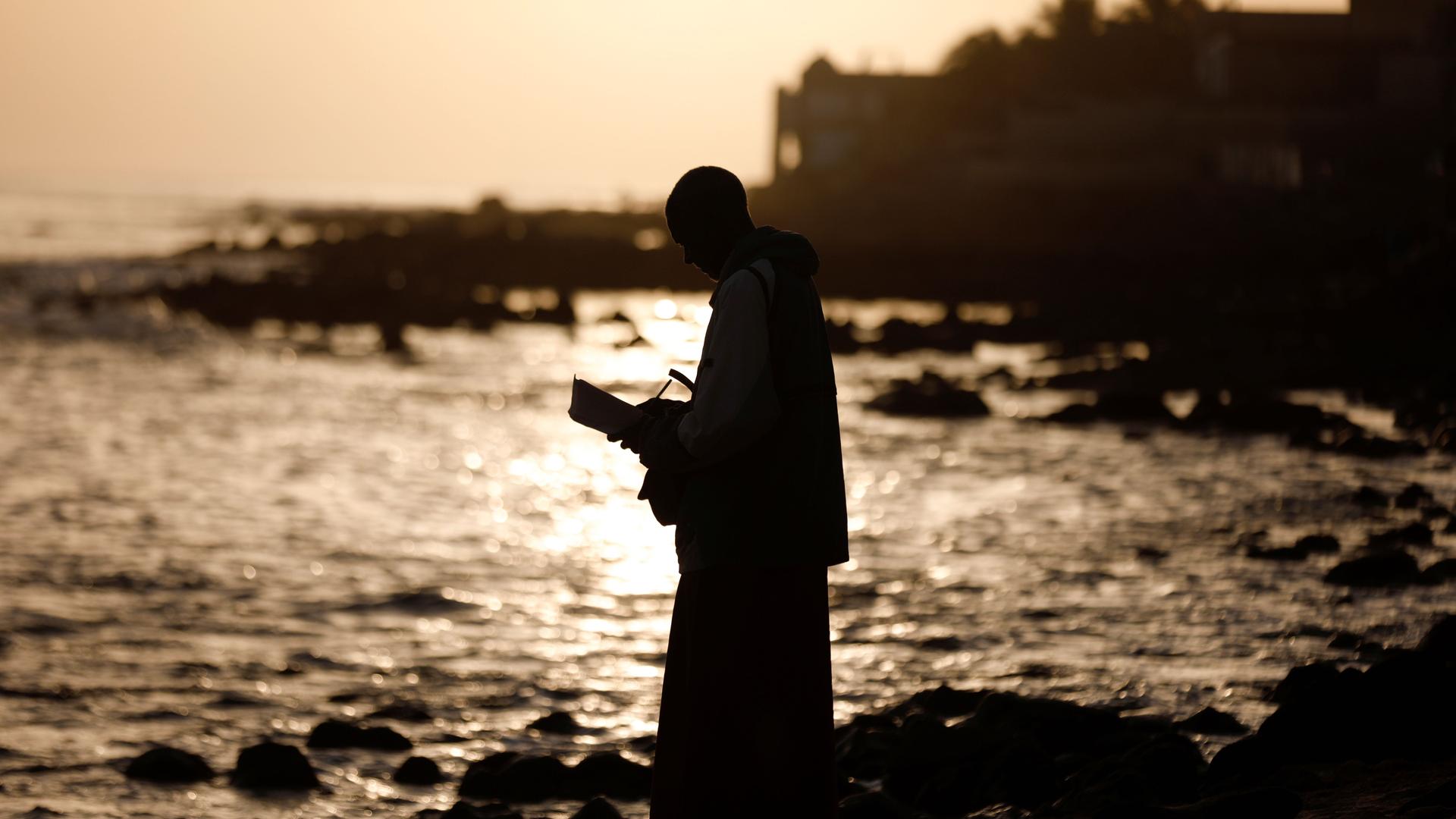In Senegal, COVID-19 safety measures conflict with cultural traditions
Alaine Samba remembers feeling scared in the run-up to the deadly Ebola crisis that swept parts of West Africa in 2014. But he says this feels worse.
“The atmosphere feels more tense with this.”
“The atmosphere feels more tense with this,” said Samba, who manages a gas station bodega off a busy road in Dakar, the Senegalese capital.
This, of course, being the novel coronavirus that causes COVID-19.
Related: African countries restrict travel in bid to slow spread of coronavirus
Africa has had a slower start to the pandemic, though things are starting to catch up. There are now more than 3,400 confirmed cases in 46 of the continent’s 54 countries as of March 27. On Thursday, the World Health Organization (WHO) issued a warning to African countries, urging them to drastically scale up their response to the virus. WHO noted a 25% daily increase in confirmed cases in less than a week.
In Senegal, which has the fourth-highest number of cases in sub-Saharan Africa, prevention measures have been in place for several weeks now.
Under government orders, Samba and his employees now wear plastic gloves, which they change several times a day. Counters are wiped down every 45 minutes. On a table next to the shop entrance, there’s a giant bottle of hand sanitizer accompanied by a sign that says servez vous (“serve yourself”).
Samba welcomes these safety measures. But he says certain cultural traditions make it difficult to follow new rules around social distancing.
Take greetings, which involve lots of physical contact.
Related: Internet restrictions make it virtually impossible for Kashmiris to get COVID-19 info
“Normally, I reach my hand out left and right whenever I see [my neighbors]. Since this all started, I’ve been forced to hold back. But if I see an elder, I’m still going to have to reach out my hand.”
“Normally, I reach my hand out left and right whenever I see [my neighbors],” he said. “Since this all started, I’ve been forced to hold back. But if I see an elder, I’m still going to have to reach out my hand.”
Samba worries that others will also have a hard time with social distancing. Especially without encouragement from religious leaders.
“The state can release any sort of decree they want, but if religious figureheads don’t support them, no one’s going to respect it,” he said.
Around 95% of Senegal’s population is Muslim, and for many, the word of religious leaders is more powerful than the word of the government.
The Senegalese government, for its part, has acted quickly. On Monday, President Macky Sall ordered a national state of emergency, imposing an evening curfew and banning all public gatherings. Schools are closed for at least three weeks, and all international flights canceled until at least April 17.
Ibrahima Ndiaye is a car mechanic at the gas station attached to Samba’s bodega. When asked about Sall’s orders, he immediately retorted back — “In Islam, the imam’s orders are more important than whatever Macky Sall has to say.”
Related: As it braces for coronavirus, Yemen offers lessons of survival for the world
That being said, Ndiaye says local imams are taking the pandemic seriously.
He whipped out his phone and opened up a YouTube video posted by his local imam encouraging people to minimize contact, avoid large gatherings and wash their hands regularly.
“[The imams] know everything depends on one’s health. So, if we’re asked to stay at home for a week, two weeks, we’ll do it, inshallah.”
“[The imams] know everything depends on one’s health,” Ndiaye said. “So, if we’re asked to stay at home for a week, two weeks, we’ll do it, inshallah.”
Senegal hasn’t announced a full quarantine yet, but Ndiaye says he’s already preparing for this new way of life.
Last week, after Dakar shut all the mosques, the 33-year-old said his Friday prayers at home for the first time in his life.
Samba, the bodega manager, is expecting it will only be a matter of days before his store is forced to close its doors, too.
Related: Nigeria fights fake news about coronavirus
“I’m scared,” Samba said. “Definitely, a bit scared. But I think it’s normal to be a bit scared in a situation like this.”
Samba is scared, but not panicking. Senegal has been given a head start in this race, he says. And yes, time is of the essence, but leaders are acting forcefully to prevent the spread of the virus. His only hope is that the people will listen.
